On the morning of October 27, continuing the 10th Session , the National Assembly discussed in the hall a number of contents with different opinions of 4 drafts: Extradition Law; Law on Transfer of Persons Serving Prison Sentences; Law on Mutual Legal Assistance in Criminal Matters; Law on Mutual Legal Assistance in Civil Matters.
Consider adding the principle of “tit for tat”
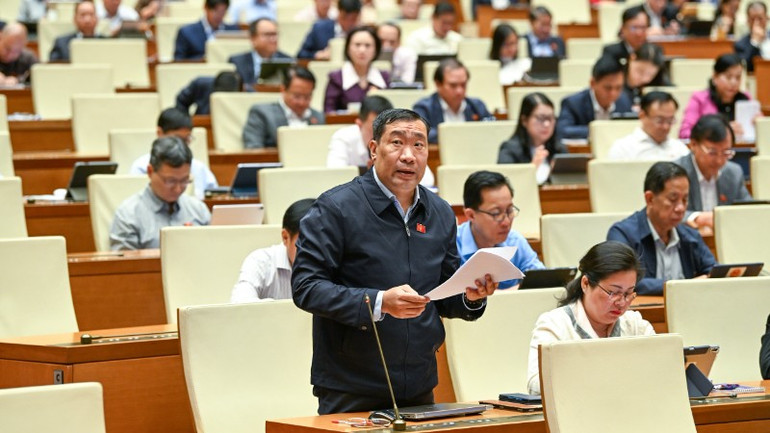
Delegate Thach Phuoc Binh ( Vinh Long Delegation). (Photo: DUY LINH)
Commenting on the draft Law on Mutual Legal Assistance in Civil Matters, delegate Thach Phuoc Binh (Vinh Long Delegation) said that the draft law has general provisions on the time limit for processing and the mechanism of responsibility (Articles 30 and 31). However, the delegate pointed out that there is still a lack of specific time limits and sanctions for delays. This leads to many requests being prolonged, affecting the rights of the parties and the image of international cooperation.
From there, the delegates proposed to stipulate in Article 31 the following content: " The Ministry of Justice must respond to requests for mutual assistance within 30 working days from the date of receiving a complete and valid dossier. In case of needing to supplement the dossier, a notification must be made within 10 working days. If the deadline is exceeded, the Ministry of Justice must have a written report to the National Assembly's Committee on Law and Justice, stating the reasons and remedial measures."
Regarding the monitoring and post-audit mechanism, delegates said that the draft Law stipulates independent monitoring and periodic reporting. This leads to scattered monitoring, making it difficult to evaluate effectiveness, because this is an area related to human rights and national image.
On that basis, the delegates proposed to add a new Article 36 with the following content: "The Ministry of Justice is responsible for preparing an annual report on civil judicial assistance activities and sending it to the National Assembly's Committee on Law and Justice before March 31 every year. The Committee on Law and Justice organizes thematic supervision every two years. The State Audit and the Government Inspectorate conduct audits and inspections of financial management and the effectiveness of civil judicial assistance implementation."
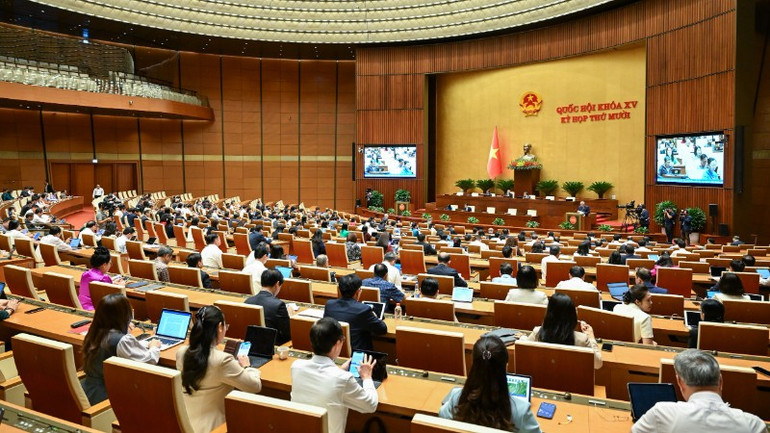
The National Assembly discussed in the hall a number of contents with different opinions of 4 drafts: Extradition Law; Law on Transfer of Persons Serving Prison Sentences; Law on Mutual Legal Assistance in Criminal Matters; Law on Mutual Legal Assistance in Civil Matters. (Photo: DUY LINH)
Regarding the principle of civil judicial assistance, delegate Nguyen Minh Tam (Quang Tri Delegation) suggested that the drafting agency consider adding the principle of "reciprocity".
The delegate pointed out that the principle of "reciprocity" was once recorded in Clause 2, Article 4 of the Law on Judicial Assistance No. 8 of 2007 of the 12th National Assembly, however, in the current bill, this principle is not recorded.
The delegate stated: The principle of “reciprocity” is an important basic principle in international relations, recognized by the majority of countries in the world, as well as recorded in many current international treaties. This principle ensures that countries that have not signed international treaties with each other can still cooperate with each other in various fields on the basis of “reciprocity”.
To ensure that judicial assistance activities have a flexible legal basis for countries and foreign countries that have not signed a civil judicial assistance agreement, delegates proposed to continue to note the application of this principle in the draft law.
In addition, delegates proposed adding a regulation allowing the two sides' prosecution agencies to take statements online, because it reflects the requirements for practical development and application of technology in the judiciary and this is a necessary regulation.
Consider adding post-extradition supervision responsibilities to the Ministry of Public Security
Delegate Nguyen Tam Hung (Ho Chi Minh City Delegation) expressed his strong agreement with the necessity of promulgating the Extradition Law, as this is an important step in the process of perfecting the legal system on international judicial cooperation. For the first time, extradition activities are regulated by an independent, scientific law, instead of just a chapter in the current Law on Judicial Assistance.
Commenting on specific contents, the delegate said: Regarding the principles of extradition, the draft Law has stipulated basic principles such as respect for independence, sovereignty, non-interference in internal affairs, compliance with laws and international treaties. However, the delegate suggested that the Drafting Committee consider and add the principle of ensuring human rights and civil rights. This is not only a political and legal requirement but also an international standard that Vietnam is implementing according to the 2013 Constitution and the Convention against Torture.
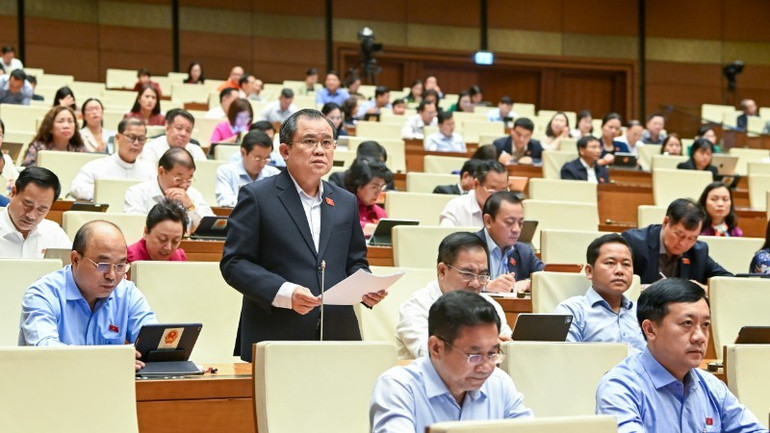
Delegate Nguyen Tam Hung (Ho Chi Minh City Delegation). (Photo: DUY LINH)
“The humanitarian principle needs to be enshrined in the Extradition Law to affirm that Vietnam's international judicial cooperation is conditional, limited and people-centered,” the delegate emphasized.
Agreeing with the regulation that the extradited person shall not be prosecuted for criminal liability for a crime other than the crime for which extradition is requested (Clause 1, Article 15), however, delegate Nguyen Tam Hung suggested that the Drafting Committee consider adding the responsibility for post-extradition supervision of the competent Vietnamese authority, specifically the Ministry of Public Security. It is necessary to clearly stipulate the responsibility for periodically monitoring and reporting on the implementation of the commitment not to prosecute other crimes by the receiving country. This is to protect citizens and ensure transparency in international judicial cooperation.
Delegate Duong Khac Mai (Lam Dong Delegation) commented that extradition activities regulated from the Law on Judicial Assistance to the Extradition Law Project are an important step forward in the legislative process.
Emphasizing that in the context of increasingly deep international integration, criminals seek to escape to countries with open legal protection or legal regulations favorable to criminals to escape punishment, the delegate said that the construction of the Extradition Law Project aims to strengthen close international cooperation, increase the coverage of the law in space, as the ancients often said, "the net of heaven is vast and sparse but difficult to escape".
To contribute to the completion of the draft law, on the application of law and the principle of extradition, the delegate suggested considering adding the humanitarian principle. According to the delegate, the addition aims to ensure human rights and is consistent with international treaties on human rights to which Vietnam is a member. This is also an implementation of the 2013 Constitution, especially Articles 14, 16 and 20 on ensuring human rights and civil rights.
Regarding conditional extradition, delegates proposed adding a monitoring mechanism to ensure feasibility and protect national prestige and interests. At the same time, it is necessary to monitor the implementation of foreign commitments after extradition. In case of violation, Vietnam has the right to request compensation or apply corresponding diplomatic measures.
Nhandan.vn
Source: https://nhandan.vn/hoan-thien-quy-dinh-ve-dan-do-theo-huong-bao-dam-quyen-con-nguoi-quyen-cong-dan-post918342.html




![[Photo] National Assembly Chairman Tran Thanh Man receives Chairman of the House of Representatives of Uzbekistan Nuriddin Ismoilov](https://vphoto.vietnam.vn/thumb/1200x675/vietnam/resource/IMAGE/2025/10/27/1761542647910_bnd-2610-jpg.webp)

![[Photo] Party Committees of Central Party agencies summarize the implementation of Resolution No. 18-NQ/TW and the direction of the Party Congress](https://vphoto.vietnam.vn/thumb/1200x675/vietnam/resource/IMAGE/2025/10/27/1761545645968_ndo_br_1-jpg.webp)

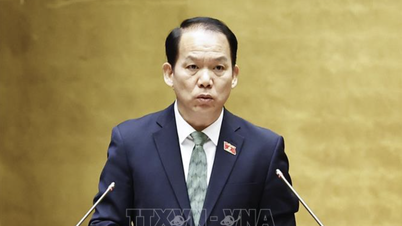

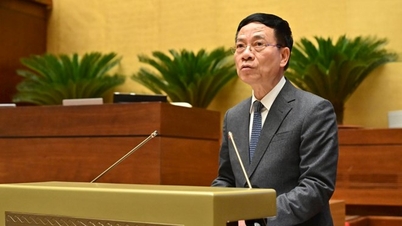

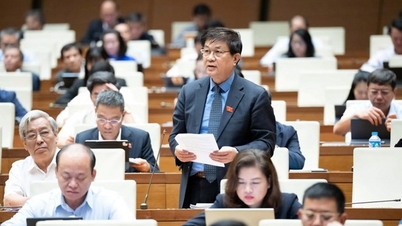
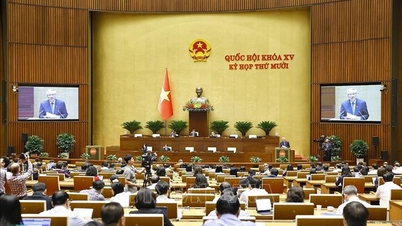
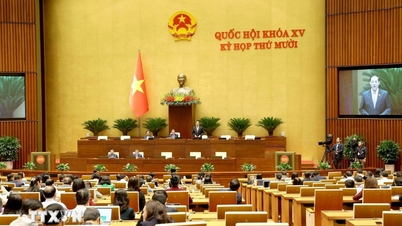
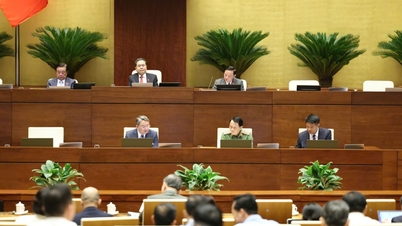
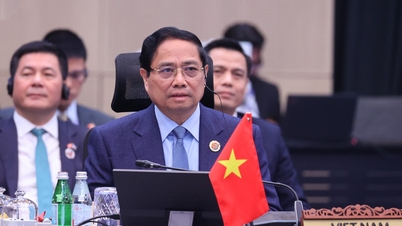
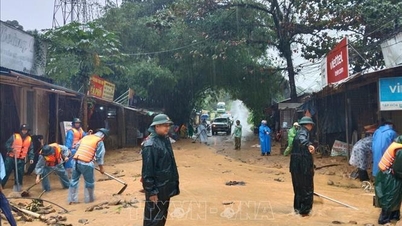
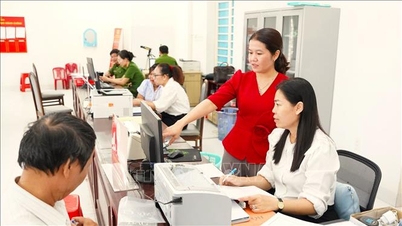
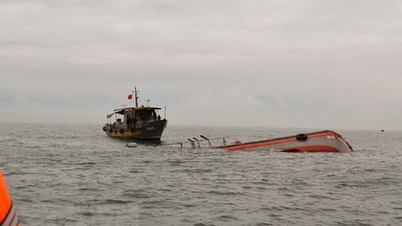
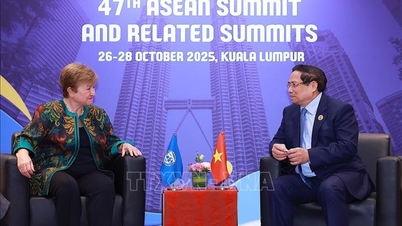
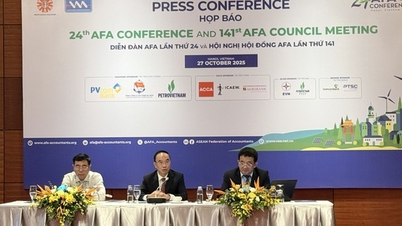





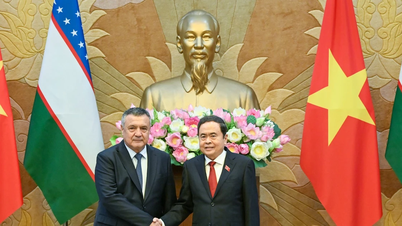
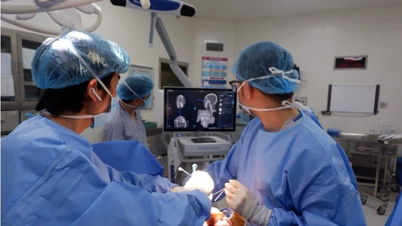
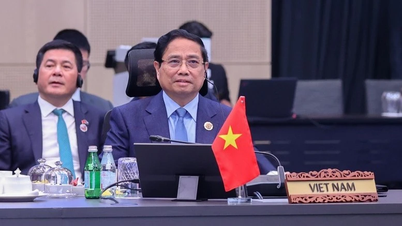
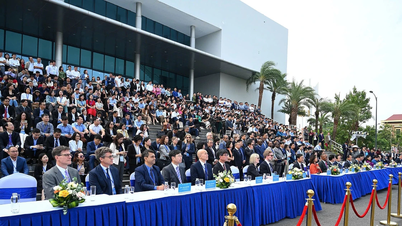
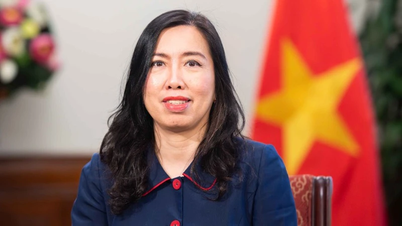
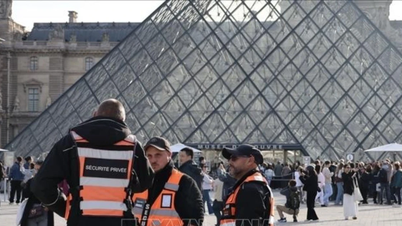






















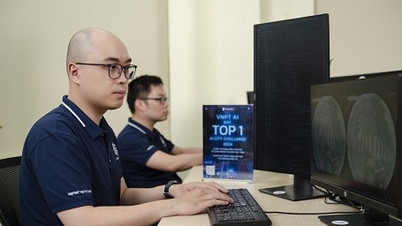
























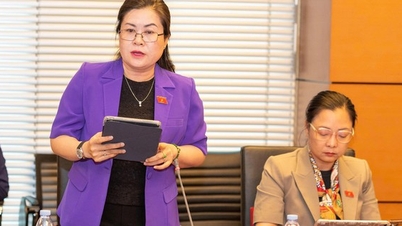
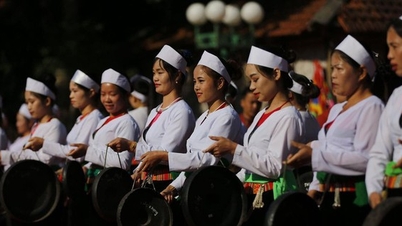

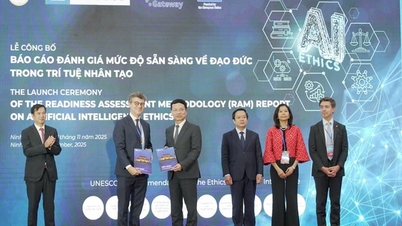























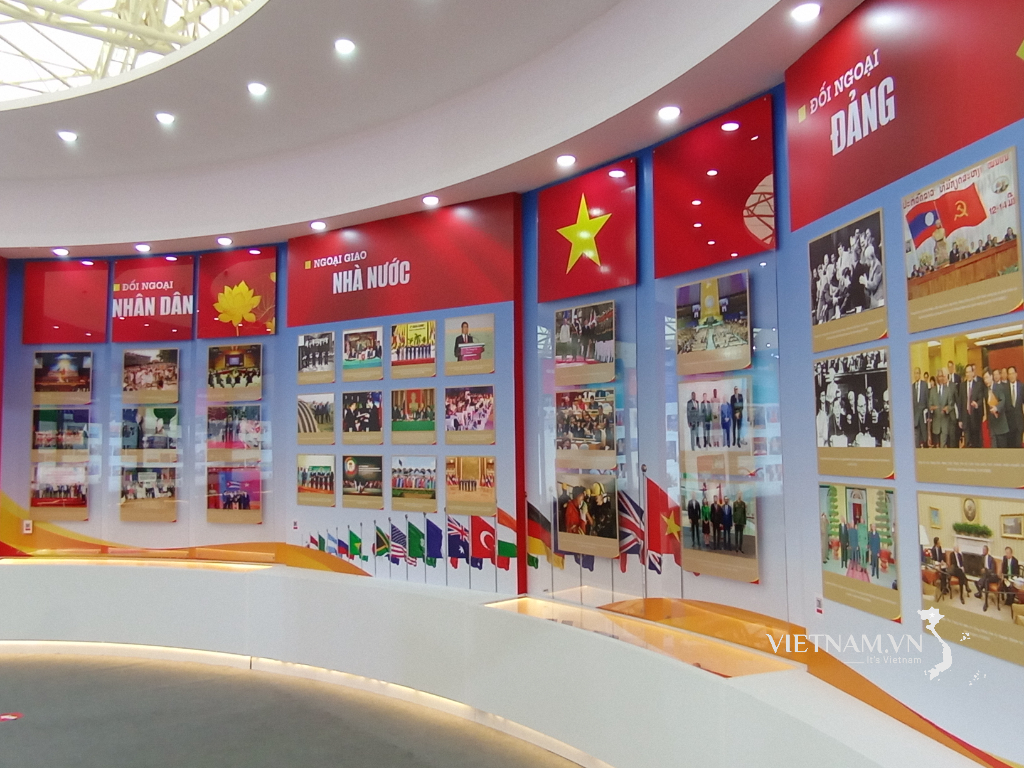
Comment (0)